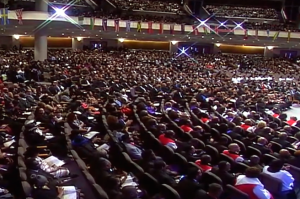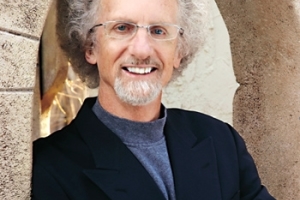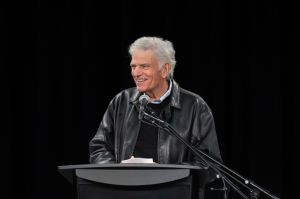
Scott Aniol
Op-ed contributor
Latest

Worldview without God
Many factors gradually led to the end of the close church/state union of Christendom in the West.

Christ’s emphasis on pure worship
Jesus clearly emphasized the restoration of true worship as the core of his mission through his identification with the place of God’s worship in key points throughout his earthly ministry.

What Sabbath rest really means
The requirement for Israel of specific times and rituals for worship, both weekly and annually, established a fundamental principle for God’s people that did not end with Israel.

Why we should study the liturgical story of the Christian faith
If for no other reason than God’s command, we should be willing to study how the Christian faith has evolved over time, particularly its worship. But God does not command this without reason.

The theo-logic of heavenly worship
In the book of Revelation, God granted the apostle John a look into the temple of heaven. As with Isaiah during the ...

What does 'sacrament' mean?
Like ancient Israel, early Christians considered worship on the Lord’s Day to be sacred—set apart from the regular, mundane activities of life, and therefore what took place in corporate worship was also sacred.

The Lord’s Day
The phrase “Lord’s Day” appears only once in the New Testament in Revelation 1:10, where the particular day John is referencing is unclear.

Biblical authority in worship practice
One important principle articulated in several places in the New Testament was an emphasis upon the importance of biblical authority for worship practices.
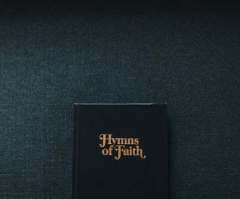
What are psalms, hymns, and spiritual songs in the Bible?
Scholars disagree as to the exact meaning of the three terms psalms, hymns, and spiritual songs.
Worship at Sinai
These services of worship, most frequently described as “solemn assemblies” in the OT, follow a progression that became standard for the worship of God’s people from that time forward.








